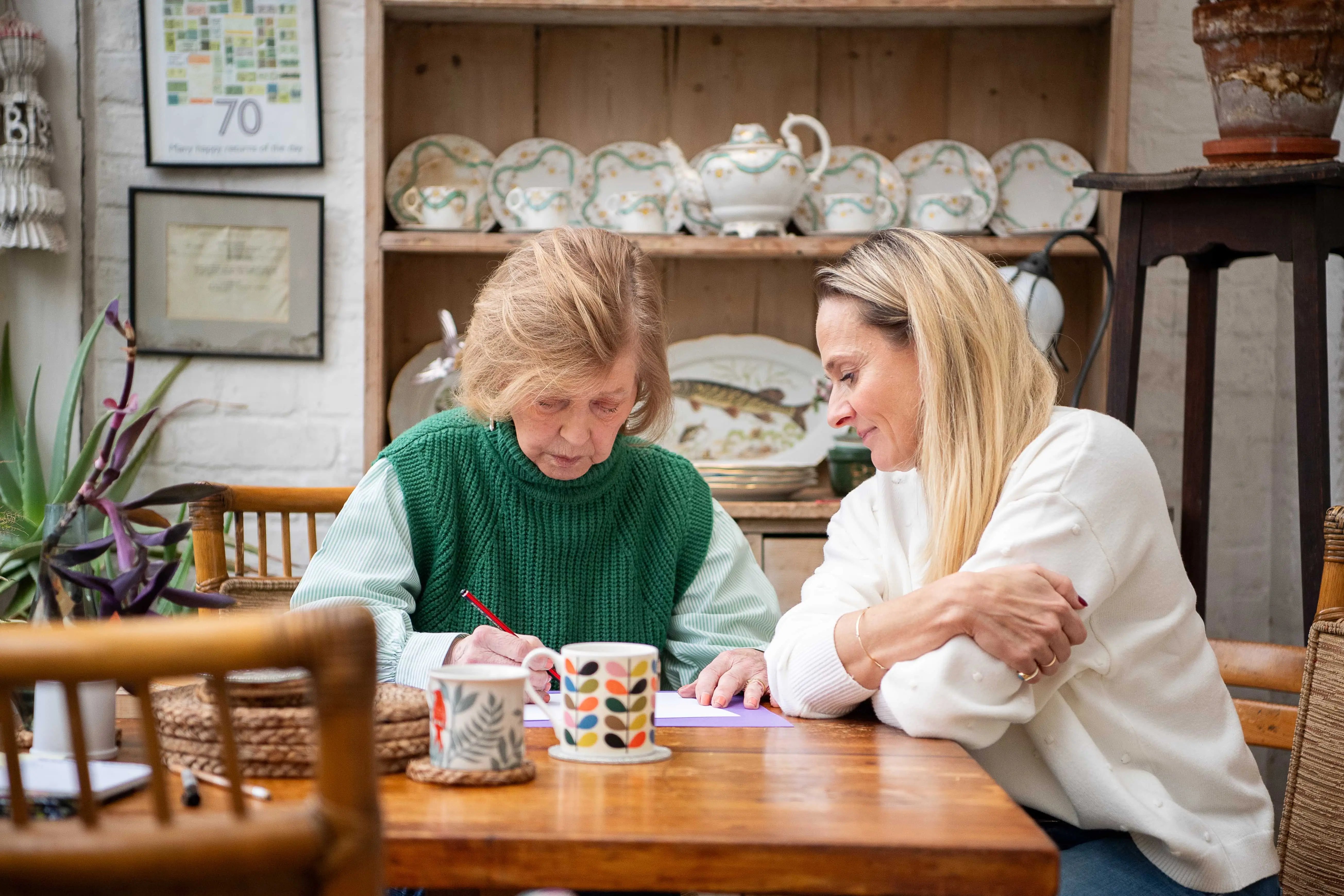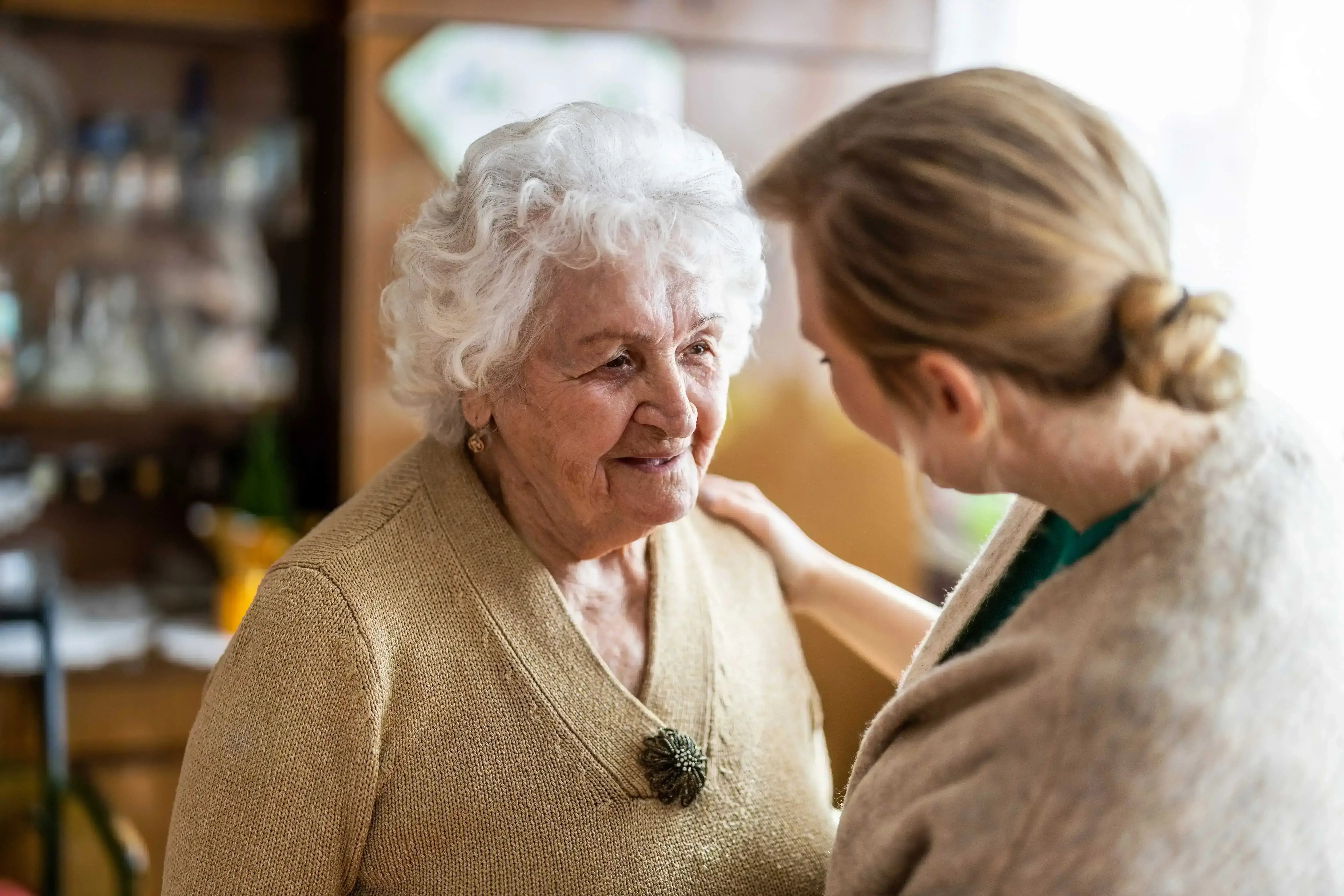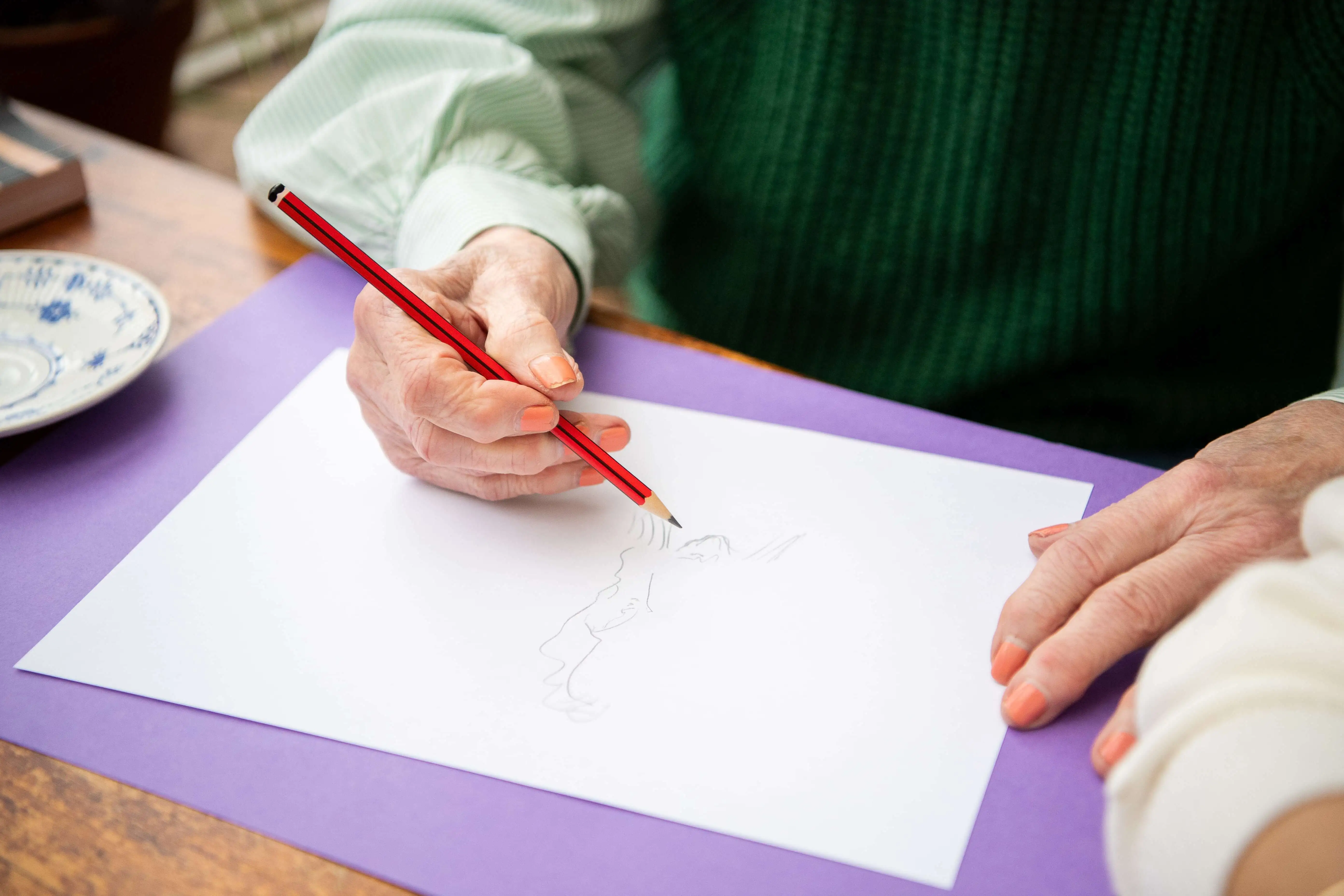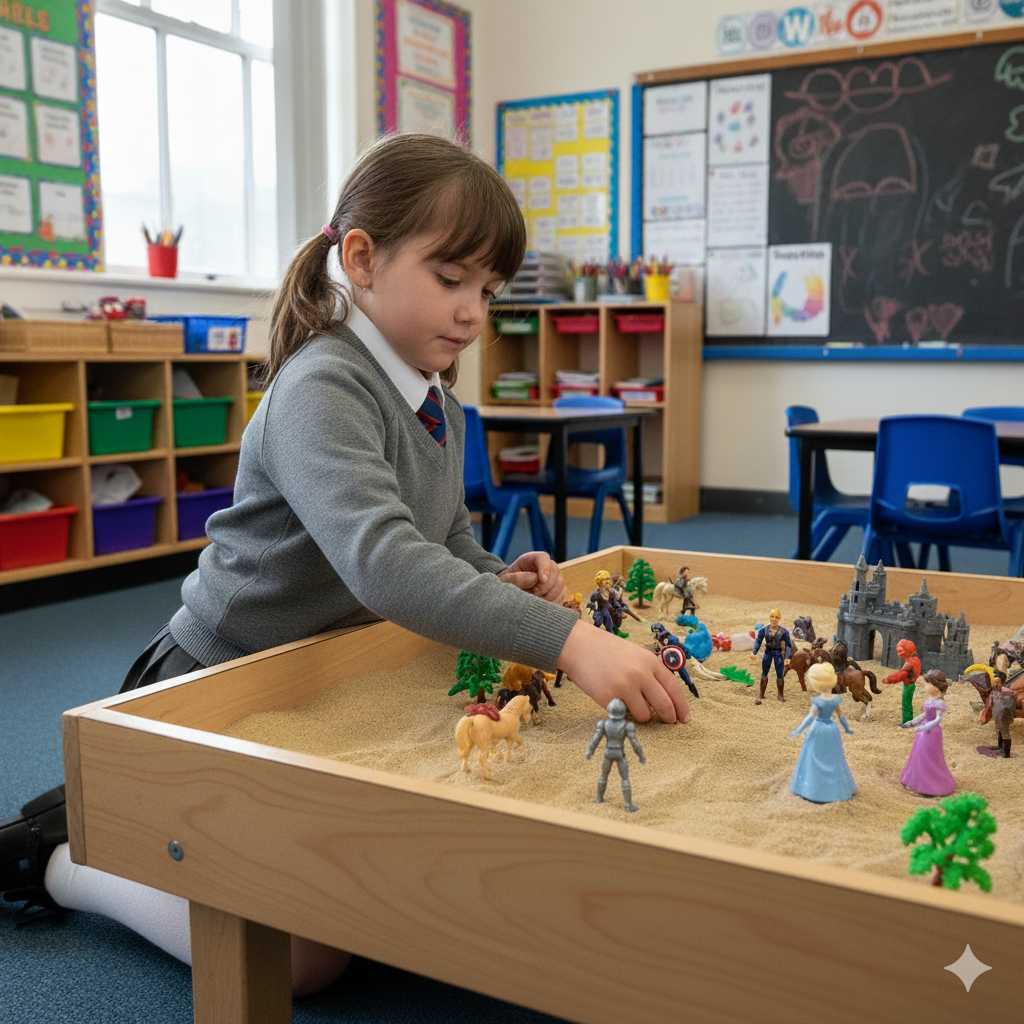
LIFELONG THERAPY LEARNING:
-
Learn more

Drawing and Talking offers a non-directed and unintrusive approach for older adults to explore and communicate emotions.
Learn more
Creators of a global proactive intervention intended to complement rather than replace the work of Specialist Mental Health Services
Caring for older adults
-
Courses
Drawing and Talking provides an empathetic approach that supports older adults in connecting and processing emotions where other methods are unavailable or fall short.

Our training and support team's dedication to high-quality service offers you reassurance and peace of mind in this care approach.
Individuals
Creators of global proactive intervention intended to complement rather than replace the work of Specialist Mental Health Services.
Organisations
Our flagship courses are designed to equip delegates to work with children and adults immediately after training allowing a healing process to begin.
- Blog
- Find a practitioner
- Contact us
- Book now
Introducing Drawing and Talking for Older Adults

Supporting mental health and well-being across all ages is a fundamental goal and passion for Drawing and Talking. Since 2002, we've been providing training to professionals across the UK and globally.
Drawing and Talking is a safe, effective method for assisting not just children but also adults, particularly older adults, in addressing underlying emotional issues that might impact their overall well-being, social interactions, and quality of life.
Early intervention in mental well-being is vital for individuals of all ages. Emotional pain or trauma, if left unaddressed, can escalate into more severe mental health conditions. This is particularly true for older adults, who may face unique challenges such as isolation, loss, and significant life transitions.
With the prevalence of mental health issues affecting one in four individuals, there is a growing need to offer support in various communities worldwide. Many governmental policies are now focusing on equipping professionals with the skills to extend their services to this demographic. We offer a comprehensive training program suitable for independent professionals, healthcare institutions, community services, charities, or any organization working with older adults.
How It Works:
Drawing and Talking engages with an individual's inner world rather than their conscious, cognitive mind. This approach is especially effective for older adults, who might find verbalizing emotional pain, fears, and anxieties challenging or distressing.
Working with an individual's inner world requires a safe, non-intrusive approach, respecting their pace and state of being. That’s why Drawing and Talking training emphasises staying within the realm of the drawing, facilitating a gentle exploration of emotions.
The Foundation Training Course:
The foundation course is a comprehensive full-day training, tailored to those working with vulnerable individuals, including older adults. No previous experience or specific training is necessary.
Participants will learn to implement this straightforward technique effectively. They'll understand how to initiate sessions, maintain them, and address common challenges that might arise.
Drawing and Talking is a serial drawing technique conducted in weekly sessions over a twelve-week period. During the training, participants will witness how drawings evolve over time, showcasing the impactful, yet safe, therapeutic process.
The training covers essential theoretical aspects like neurobiological theories of trauma, the importance of creating a safe and supportive space, dealing with endings and losses, and understanding attachment, particularly relevant in the context of older adults.
An experiential component allows participants to practice the crucial skill of emotionally 'holding' another person, a key element of the therapeutic process. While drawing skills are not required, participants will engage in drawing activities to understand and prepare for conducting sessions.
Upon completing the training, participants will be equipped to implement Drawing and Talking in various settings, including healthcare facilities, community centres, support groups for older adults, and other relevant workplaces.
This training is ideal for professionals working with vulnerable populations, including older adults and those impacted by dementia, aiming to provide compassionate, effective mental health support.
Latest News for Professionals Working With Older Adults
Latest News for Professionals Working With Children And Young People
January 10, 2024
January 10, 2024





